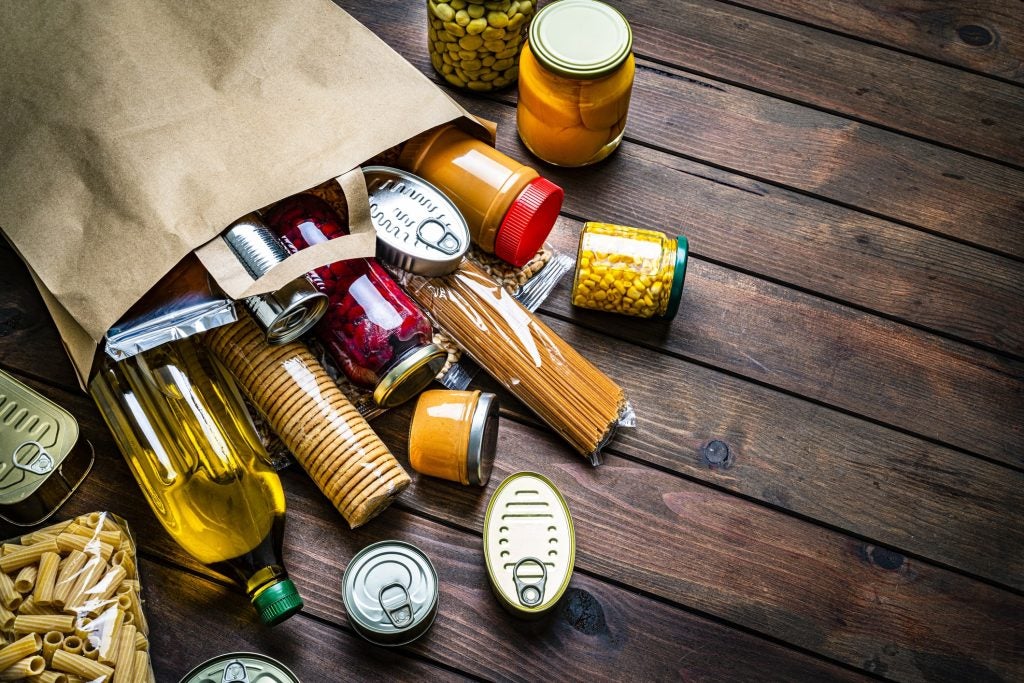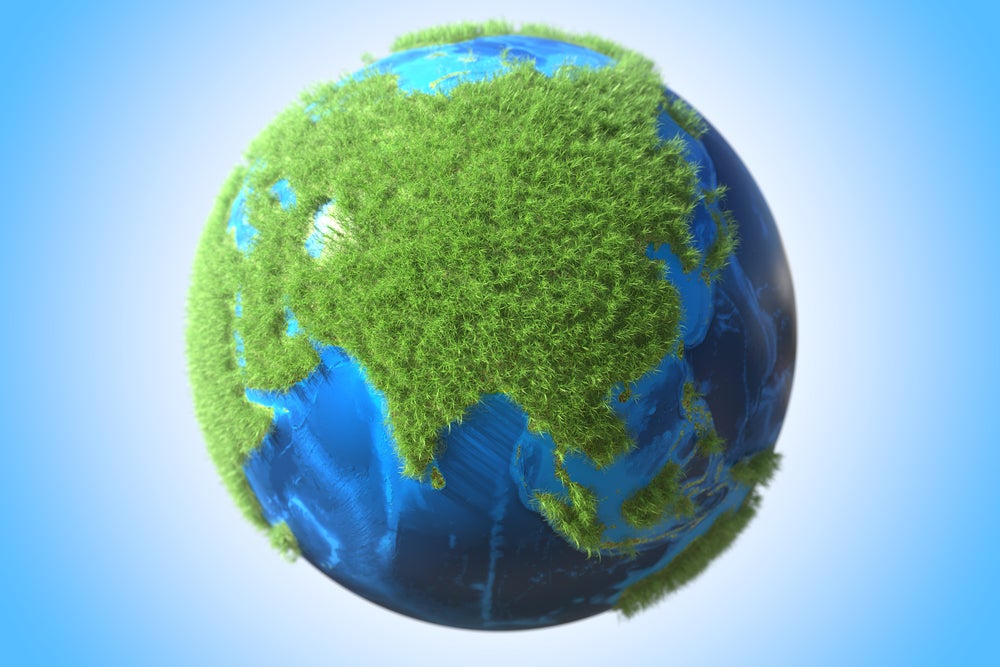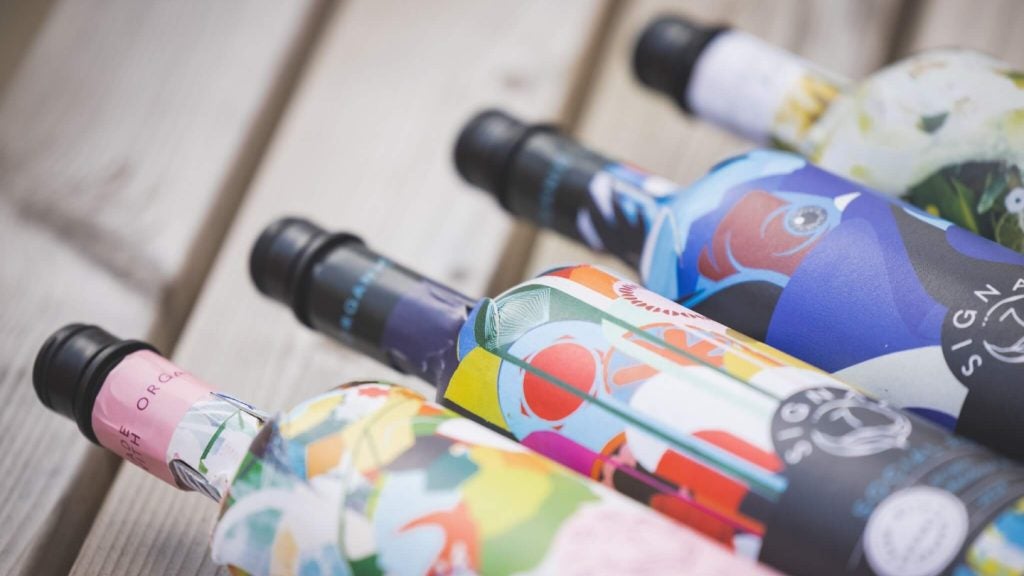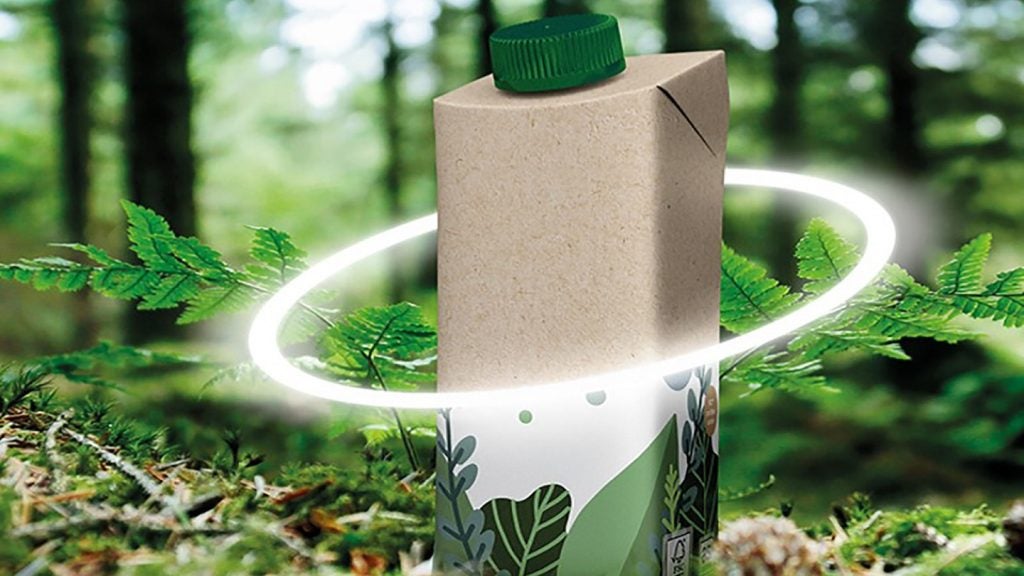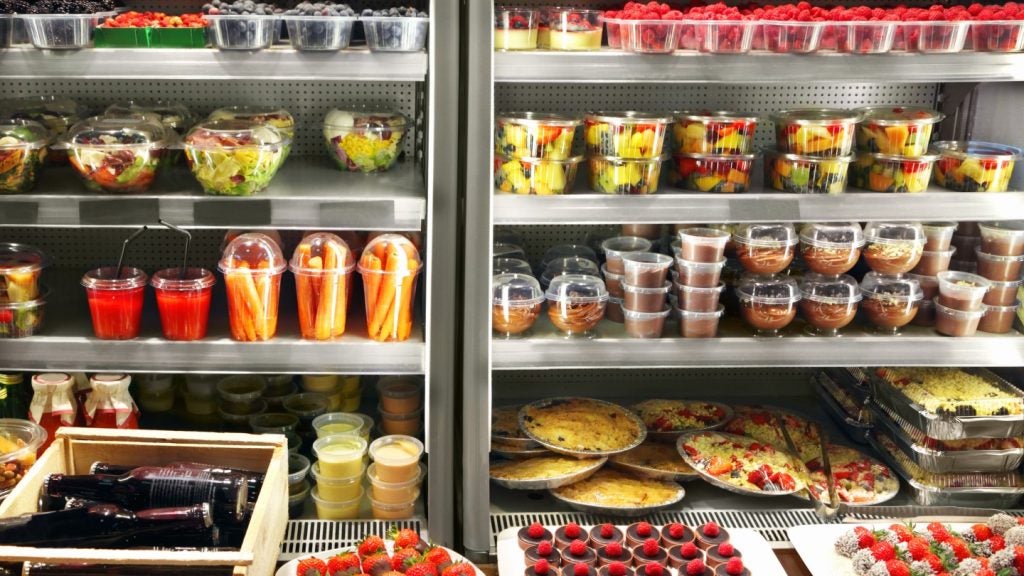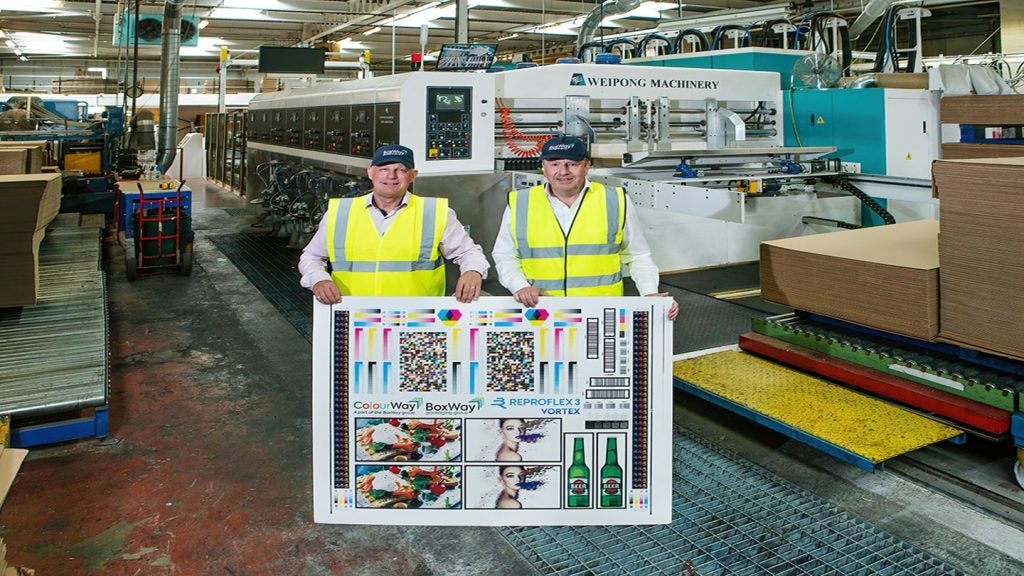Israeli biotechnology startup MadeRight has secured $2m in seed funding to accelerate the production of environmentally friendly industrial materials.
The funding round was spearheaded by Fresh Start, a foodtech incubator, with support from investors, including Arkin Holdings, an Israeli venture capital firm and ARC Impact, known for backing early-stage startups.
Founded in 2022 by CEO Rotem Cahanovitc, a mycology expert and CTO Yotam David, a molecular geneticist, MadeRight is leveraging fungi's natural recycling capabilities to replace harmful materials in plastic packaging, ultimately reducing their environmental footprint.
The startup utilises fermentation technology to cultivate fungi on organic industrial waste such as wood chips.
This process yields sustainable, biodegradable materials that are free from pollutants, providing a recyclable alternative to traditional plastic packaging.
The resulting compounds are blended with bio-plastics to create pellets that seamlessly integrate into existing machinery and supply chain processes in the packaging industry.
Cahanovitc noted: "Fungi serve as nature's recyclers, thriving on what we consider waste.
"We harness the potential of fungi to craft materials from renewable sources, promoting an economic circularity that will drive the future's material revolution."
Addressing the plastic waste crisis
Cahanovitc's inspiration for this innovative technology came from his volunteer work in Ethiopia, where he witnessed families resorting to burning plastic waste as a means of disposal.
He emphasised: "The concept of waste is a human construct, absent in the natural order, where Earth's recyclers are fungi. This realisation spurred my contemplation of revolutionising plastic production, aiming for plastics that could be effortlessly recycled or even composted."
As per a report by the OECD, plastic waste has doubled in the past two decades, with most of it ending up in landfills, seeping into water sources, soil and the air.
Global plastic waste production is expected to nearly triple by 2060, with less than a fifth of it being recycled. Most of this waste comprises short-lived items such as packaging, low-cost products and textiles.
Only 17% of plastic waste is projected to be recycled by 2060, compared to 9% in 2019. The production of packaging materials also contributes to carbon emissions due to energy and resource consumption.
Tapping into a booming market
According to Statista, MadeRight aims to capitalise on the $363bn global food packaging market, which is anticipated to grow to $512bn by 2028.
With its newly acquired funds, the startup plans to fast-track the development of a commercially viable prototype for the packaging market within the next year while refining its production process.
MadeRight's versatile pellets are tailored for integration into packaging production for manufacturers in various industries, including food and cosmetics.
Additionally, MadeRight is a part of the Fresh Start incubator located in the northern town of Kiryat Shmona, initiated by the Israel Innovation Authority to promote technological innovation in food and agriculture.
The incubator is supported by a consortium that includes major players like Tnuva, Tempo, OurCrowd and Finistere, demonstrating the industry's enthusiasm for groundbreaking solutions in the realm of sustainable packaging and beyond.




